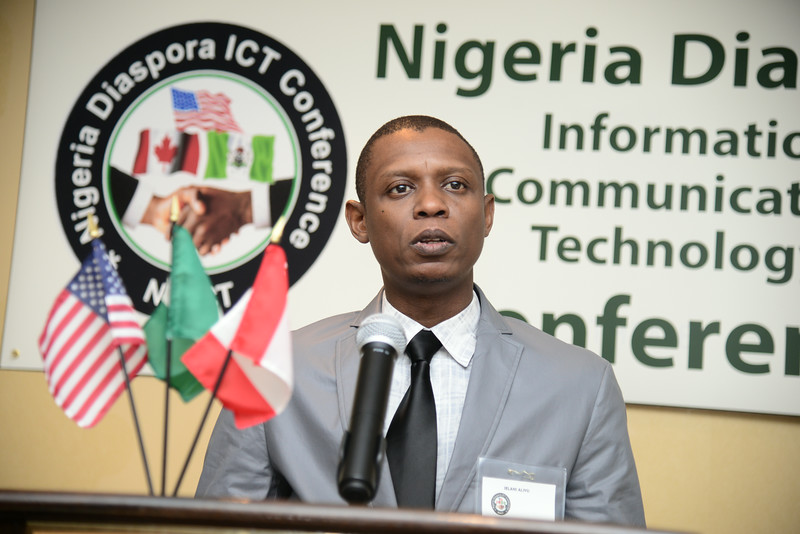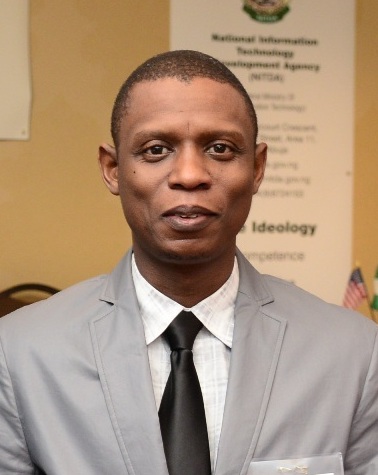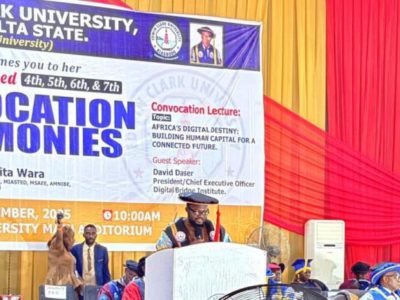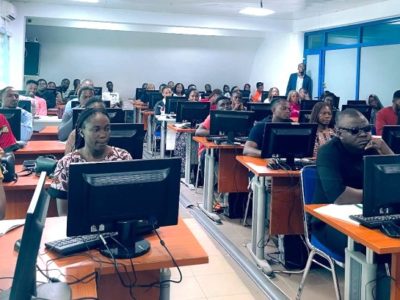By Olusegun Oruame
President Muhammadu Buhari has appointed a man with a sterling credential to lead the Nigerian Automotive Design and Development Council (NADDC). But Jelani Aliyu, designer of the Chevrolet (Chevy) Volt, and a genius of global standing, would need guidance and support of the Nigerian system to make the desired impact.
Often, the Nigerian system does not support men of proven credentials, the system sucks them in or distorts them; sometimes it simply ignores them to an upsetting state of numbness so that a genius becomes no more than a mediocre and then watchers are wont to ask: how did an imbecile become a leader of men and institution?
This rendition is commonplace. We have often seen this happens in a country notorious for celebrating mischievous gnomes and demonizing her true patriots. Remember Tai Solarin? Social critic, thinker and educational reformer. Appointed government’s banker for the underprivileged, Tai accepted the appointment and labored to improve, in practical terms, the wellbeing of the poor for whom he had worn the toga of social critic all of his life.
But the system sucked Tai in designed, deliberate moves. The system wanted to make example of him as a failed critic and entrusted him with a task lacking the spirit and true policy thrust to thrive. The rest is history; Tai struggled to make impact with the shallowness of a military government whose driving theme for governance was self-interest, larceny and avarice.
That script has not changed even in nearly two decades of democratic governance. It has, perhaps, thickened in complexity and dimension to underscore how our sense of national opportunities are defined or rather, haunted by the divisiveness and avariciousness of a corrupt political class.
It is in this complex mix that Jelani must pursue the vision that defines him as an inventor, an achiever and a patriot. He must expand the credentials of his appointment by a president seeking answers to decades of wanton waste. He must prove the president right that a new Nigeria beckons outside of the criminal misadventure of a ruling class that has offered nothing but woes.
Jelani task is tough. His office demands that he turns around a moribund industry to one that is strategic to bolstering national economic development. Jelani must provide a sustainable pathway for a sector that is an active driver of huge employment generation, rising Gross Domestic Product (GDP), and growth of small and medium businesses (SMBs) – all of these are fundamental to robust economic development.
The Chevy Volt inventor has the task to resolve why the Nigerian automotive sector has been held down by policy inconsistency; and whether the sector should majorly focus on component parts manufacturing to support assembling activities that should steadily grow into full manufacturing of vehicles. He must resolve the puzzle of whether we can still afford to remain at the fringe of auto manufacturing and if companies like Innoson Motors deserve an aggressive local content policy thrust to support their growth.
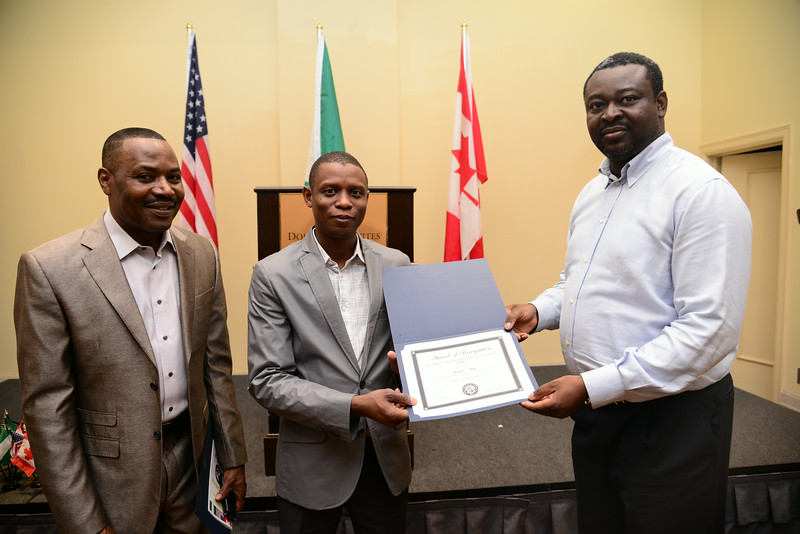
Jelani Aliyu honoured at NiDICT 2014: “And so, we must see ourselves not just as Nigerians, but as members of a global community, sharing constructive ideas, sharing inspirations, and together coming up with solutions for the betterment of humanity worldwide.”
In 2014, the National Automotive Council (NAC) and the Centre for Automotive Design and Development (CADD) were merged by an Act of Parliament to form the National Automotive Design and Development Council (NADDC). The fusion was hinged on making Nigeria one of the leading automotive manufacturing nations in the world. It is about three years since the NADDC was created; there is still no remarkable shift in Nigeria’s faltering automobile industry. Jelani has the arduously awesome mission of causing that remarkable shift to happen. Will he make an impact!? Can he?
“We must see ourselves not just as Nigerians, but as members of a global community, sharing constructive ideas, sharing inspirations, and together coming up with solutions for the betterment of humanity worldwide.”
To make that impact, Jelani may need to work around the fact that the NADDC is anchored on the 2013 National Automotive Industry Development Plan (NAIDP) which preceded the 2014 Act. The NAIDP itself is fostered round promotion of competitiveness and enhanced productivity. The policy thrust includes provision and development of industrial infrastructure, skills development, development and adoption of standards, investment promotion and market development. All of these have remained a mirage. It is now the job of this Nigerian and an inventor to prove the point that Nigeria has a chance for progress; even in the automobile industry.
Humble and unassuming, I first met Jelani in 2014 at the 1st Nigeria in Diaspora Information Communication Technology (NiDICT) Conference in Detroit; an event organised by our media company Knowhow Media International (KMI) and Pinnacle International Consulting, LLC. NiDICT focuses on Nigeria’s knowledge and capacity factory within her diasporas population and how this offshore resource could provide building blocks for a new and productive Nigeria.
“Jelani at the NADDC has the podium, the conviction and the courage to bring to reality, all that the automotive industry has been programmed to achieve within the national policy thrust. He has the chance to begin to bring to fruition, a new Nigeria by taming all merchants of bigotries and focusing on the goal for growth.”
Jelani statements at NiDICT were inspiring and positively inciting for many to notice the patriotic undertone of his speech with the title: ‘We must recapture the magnificence that is Nigeria.’
Months later; and another visit to Detroit, in the company of my business partner (based in the Detroit, US) we were guests of Jelani in his home – hosted to a sumptuous meal of tuwo and miya kuka (the staple Baobab leave soup in the north of Nigeria). It was pleasant to eat home food far from home and discuss the hopes, fears, challenges and opportunities that define Nigeria. One thing was clear; Jelani understands the dynamics of the Nigerian state as an entity in evolution, he was at home with the inherent strains of underdevelopment that mark the growth trajectory (or lack of it) with countries like Nigeria; the seeming distractions of ethnic and religious bigotries; and how real developments can be held ransom by myopic identity struggles.
Here’s a Nigerian living in the US, who has found recognition for his talent and not for his tribe or religion; and who shares the conviction that his own native Nigeria can only find transformation in the unionism of a common purpose that puts core development needs ahead of reductive bigotries. People don’t go to outer space or manufacture cars based on their religious or ethnic inclinations; they take progressive steps at industrialization because they harness the boundless, irreligious power of the human minds.
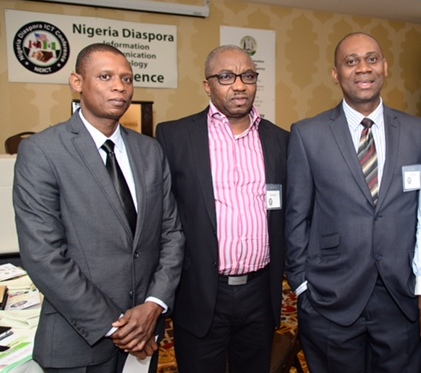
Jelani Aliyu at NiDICT 2014 with Dr Vincent Olatunji (NITDA) and Olusegun Oruame: “We will define ourselves more and more by what brings us together as opposed to what sets us apart. We shall see ourselves as all connected, as all coming from one fundamental source and sharing a common space.”
At the 2014 NiDICT, Jelani declared: “We must never underestimate the amazing power of human imagination, the ability to envision a dramatically positive and dynamic future.” His fervor at the 2014 NiDICT becomes very relevant now as the Director General of the NADDC. In his own words: “Our own country, Nigeria, from the Atlantic shoreline in the South, through the grasslands of the Middle-Belt, all the way to the rolling hills and bright blue skies of the North, Nigeria is truly a magnificent and blessed country.
“Jelani task is tough. His office demands that he turns around a moribund industry to one that is strategic to bolstering national economic development.”
“Yes, we have crude oil, yes, we have natural gas and a wide variety of raw materials, and yes, we have fertile soil that could be cultivated to feed hundreds of millions, but above all, what we have is our humanity, that magical inner spirit that glows from within, that magical inner spirit that makes us an integral and crucial part of the human civilization. And so, we must see ourselves not just as Nigerians, but as members of a global community, sharing constructive ideas, sharing inspirations, and together coming up with solutions for the betterment of humanity worldwide.”
As the head of a federal government agency, his core mission to advance the cause of the automobile industry would repeatedly clash with pressures from political jobbers and ethnic merchants seeking favour within the cryptic self-serving interest of the Nigerian system that often distracts development missionaries. Jelani cannot afford to be distracted. His own words at the 2014 NiDICT must echo back to him when he confronts distracters: “We must individually and collectively focus on progressive opportunities and solutions. Those powerful capabilities that reside within each and every one of us must be reawakened, and it all starts in the mind, if you can imagine it and clearly see it in your mind then you are half way there, you can then easily strategize, jump into action and bring it to reality.”
Yes! Jelani at the NADDC has the podium, the conviction and the courage to bring to reality, all that the automotive industry has been programmed to achieve within the national policy thrust. He has the chance to begin to bring to fruition, a new Nigeria by taming all merchants of bigotries and focusing on the goal for growth – at the NADDC. Yes! He can do it!
I am signing off with his own statements of commitment as a Nigerian patriot and a global innovator inside the Detroit, USA NiDICT hall in 2014: “Pockets of misunderstanding will continue, this being inevitable if not natural, overall and fundamentally, people will learn to live with one another better, we will define ourselves more and more by what brings us together as opposed to what sets us apart. We shall see ourselves as all connected, as all coming from one fundamental source and sharing a common space.” This is Jelani Aliyu, the new man at NADDC.

